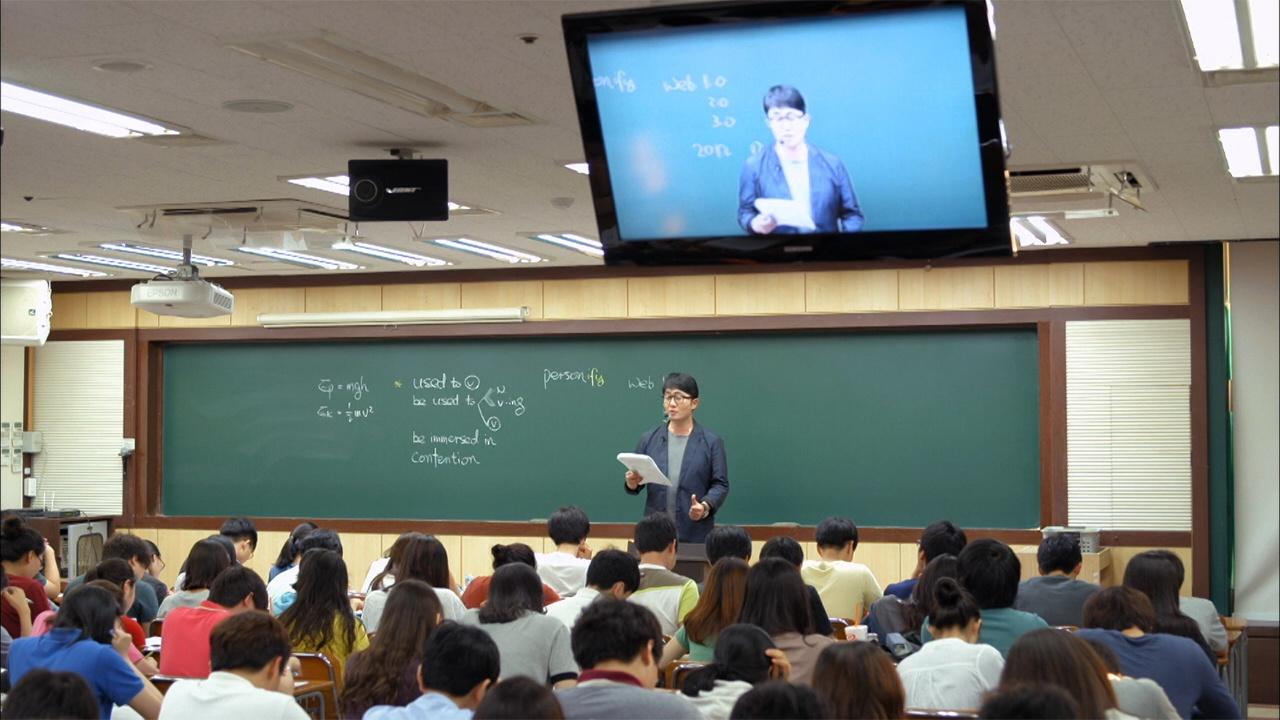안녕 everybody~
Welcome to the fifth blog post of this semester!
This week we will be covering Korea's Work and School Life Culture.
Welcome to the fifth blog post of this semester!
This week we will be covering Korea's Work and School Life Culture.
To start this topic off, we were asked what Koreans would prioritize. Yoorim said that Koreans tend to find shortcuts or efficient ways to get access to better things in life. The ultimate question then became "do we really need to push ourself like this, to such extents?" cause ultimately this meant there was no guarantee for your own personal free time. Yoorim talked about her experience in Germany where she could feel that she would be guaranteed her own personal free time, but when she came back to Korea, if she didn't organize her plans in a planner, it would just be an endless stream of work and no 100% guarantee of personal time.

When we started to dive deeper into the Korean education system, Sonia brought up a very good point which disagreed with the line "results determines which universities students can get into" as nowadays it's not only the reputation that gets you the job. Nowadays, we would need experience more than riding on the reputation of a prestigious university alone.
PJ and Jun talked more about the study method differences between Korean and Western education. PJ talked about how the Korean education really emphasized if you do your best at everything you will be able to achieve anything and everything. So to get the results they would want, they would study over and over throughout the night. Jun replies that this is probably due to the difference in how we intake information and how we use it in an exam. In western education, the information given is taken gradually while Korean students tend to take it all in and cram it so that they can let it all out in one go since their studies focus more on memorizing the theories that are taught in class.

It got more interesting when we started to take about 학원s (Academies) in Korea. We were surprised to know that there was only about 100,000 학원s in South Korea. Since we could find at least a handful of 학원s in one building alone, most of them being either Maths or English based.
Dori even talked about how she tutored a child who also has a 학원 for chess in which Sonia added that almost everything is treated as a 학원 instead of a club activity like in America.
PJ talked about how in Thailand there would be after school tutoring but at best it would be 3 to 4 hours and then afterwards, the students would go home.

We then came to the discussion of whether this type of education system is something to be prideful of since Korea is well known for their education system. Everybody agreed that it was not something to be proud of due to the amount of stress it causes and the fact that it was a key factor in having high suicide rates in the early 2010s.

When we talked about the work culture in Korea, we focused on how it was difficult to have a balance between work and life within Korea. People in Korea were shown to overwork and shown to have conflicts between having a proper social life and having a healthy work-life. When we went more into depth about the relations within the company itself, it seemed as though there was an invisible but clear hierarchy in the company. As we learned before in the relationship topic, Korea is used to the usage of formal and informal acts respectively used for the appropriate groups. In a work environment, instead of a casual workplace that you could see in western environments where you could, to an extent, be casual with your boss is something that is hard to witness within Korea.
And that wraps up this weeks topic!
Comments
Post a Comment